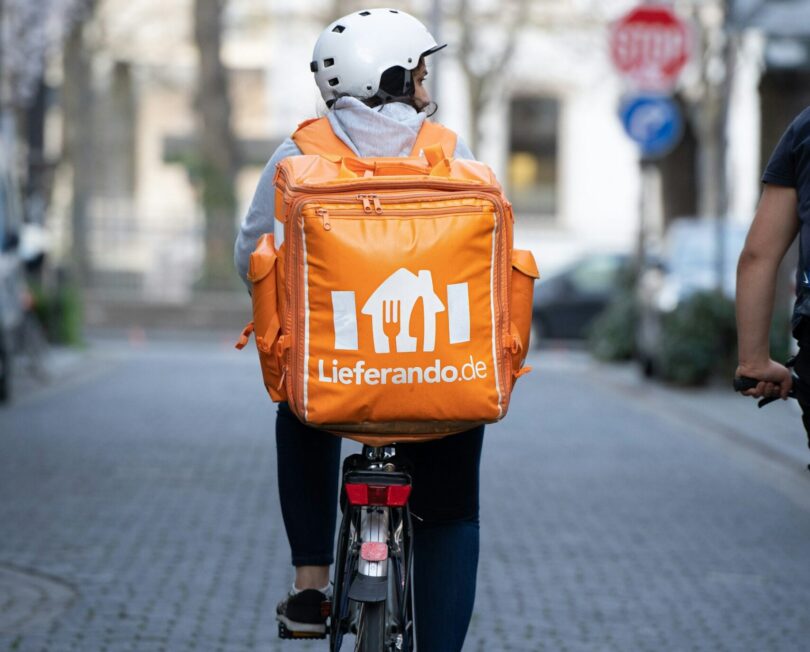The Meals on Wheels program has been responsible for ensuring millions of older adults do not go hungry. In addition, the people delivering the meals are a source of companionship for older adults living in relative isolation. Now, Carl Dmitri reports for Brown School of Public Health that the federal government is cutting Meals on Wheels funding.
The older adults population in the US is growing rapidly. In the four years between 2020 and 2024, the number of older adults rose 13 percent. Not surprisingly, the number of homebound older adults has also risen.
It’s a tragedy that Meals on Wheels only reaches about 14 percent of homebound, food-insecure older adults on low incomes. The overwhelming majority of homebound food-insecure older adults do not receive these meals. Funding cuts to Meals on Wheels will only make matters worse.
A recent study shows the enormous value of home-delivered meals. Meals on Wheels allows older adults to remain independent. It keeps them from going hungry and promotes better mental and physical well-being as well as socialization. It also permits older adults to continue to age in place rather than move into a nursing home.
Of particular note, Meals on Wheels helps ease people’s financial burden. People receiving meals tend to have annual incomes under $30,000 and many have incomes under $15,000. Grocery costs of $50 a week eat deeply into their budgets. It goes without saying that traveling to get groceries, preparing meals, and cleaning up can also take a huge toll on people.
Funding for Meals on Wheels has not kept up with inflation. The program is far less strong today as it was in 2001. Cutting it further only means that more older adults will go hungry.
Here’s more from Just Care:










